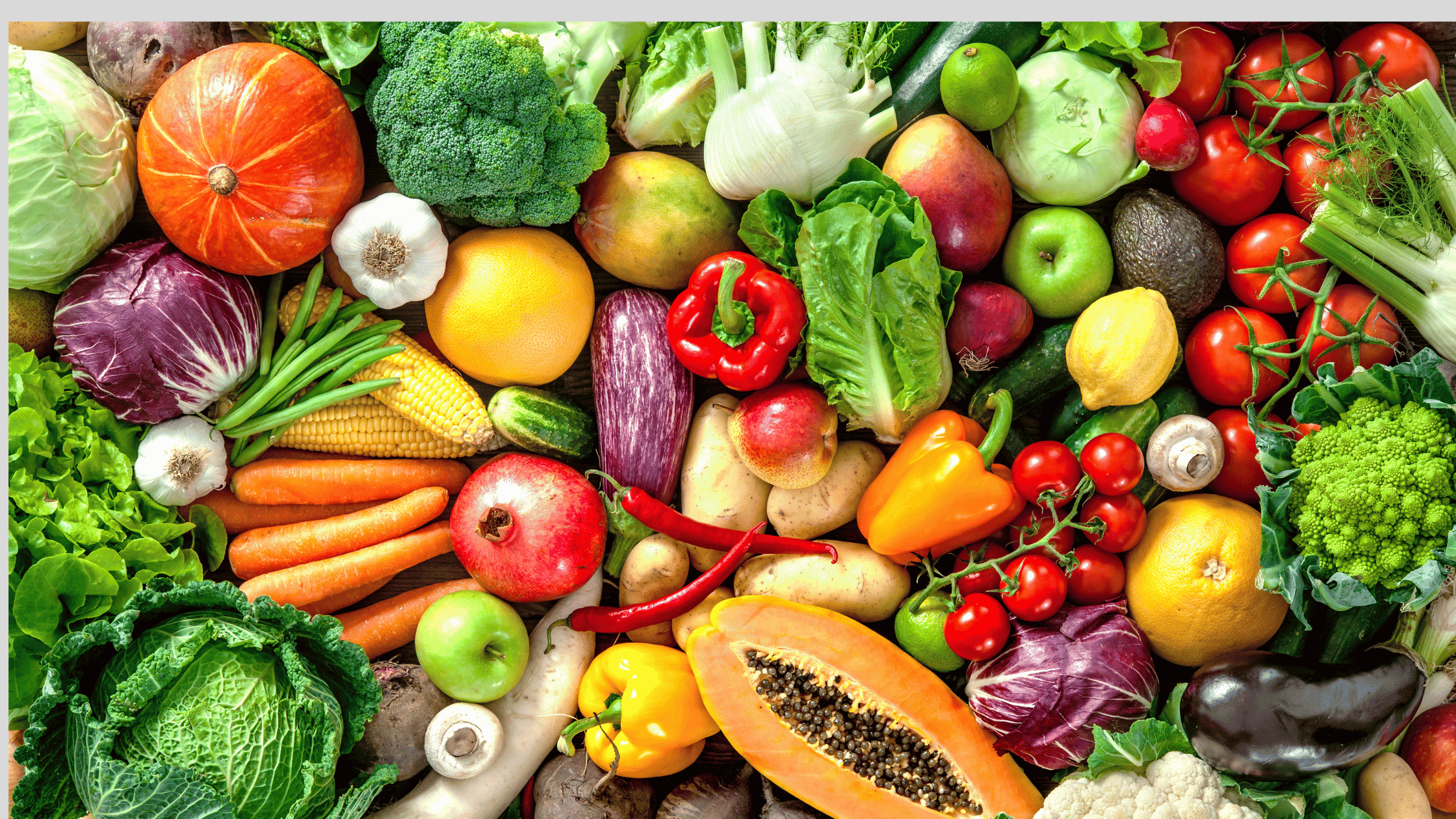
In today’s age of modern agriculture and fast-paced life, a growing number of people are leaning towards an organic lifestyle. But, what exactly does ‘eating organic’ entail, and what are its potential health benefits?
1. Reduced Exposure to Harmful Chemicals and Pesticides
Organic crops are cultivated without the use of synthetic pesticides, herbicides, fungicides, and fertilizers. By choosing organic, you’re consuming foods with significantly fewer chemicals. Over time, the cumulative effects of ingesting small amounts of these chemicals could be harmful. According to the World Health Organization, certain pesticides might contribute to health problems such as skin irritations, reproductive issues, endocrine disruption, and even some forms of cancer.
2. Higher Nutrient Density
Some studies have suggested that organic foods can have a higher concentration of certain nutrients. For instance, a 2017 research review found that organic crops often have elevated levels of antioxidants, which can help combat free radicals in the body. These free radicals are rogue molecules that can contribute to chronic diseases and aging.
3. Beneficial for Gut Health
In today’s age, the contemporary diet is increasingly filled with processed foods and artificial additives. Such dietary patterns have shown strong correlations to imbalances and disruptions within the gut biome, a critical component of our overall health. This biome represents our body’s internal ecosystem, teeming with a myriad of bacteria and microorganisms.
Choosing organic foods can be a step towards restoring this balance. These foods are devoid of the synthetic additives and preservatives that are prevalent in many modern foods. By opting for organic, one is essentially choosing edibles that are likely gentler on the digestive tract.
Moreover, the practices used in organic farming, especially the natural composting methods, have the potential to introduce an array of beneficial microbes to the very crops we consume. As we incorporate more organic produce into our diets, we indirectly foster a thriving and diverse gut microbiome that plays a pivotal role in our overall well-being.
4. Enhanced Taste and Flavor
When it comes to organic food, while the myriad of health benefits remain a significant draw for consumers, taste should certainly not be overlooked. There’s a burgeoning community of organic enthusiasts and advocates who firmly opine that organically-grown foods pack a more intense and pleasurable flavor punch.
To understand more about the richness and diversity of flavors that organic foods offer, one might find the Organically Blissful site a valuable resource. There’s a theory that this enhanced taste may stem from the quality of the soil used in organic farming.
5. Avoidance of GMOs
Genetically Modified Organisms (GMOs) have been a topic of debate for years. While they have been endorsed for their potential to improve crop yield and resist pests, concerns about their long-term effects on human health remain. Organic standards prohibit the use of GMOs, which means when you opt for organic, you’re steering clear of genetically modified ingredients and any associated risks.
6. Environmentally Friendly Choice
While this point might not be a direct health benefit, it’s essential to consider the broader implications. Organic farming practices often emphasize sustainability, biodiversity, and soil health. These methods can lead to less soil erosion, reduced water pollution, and decreased energy consumption. By supporting organic farming, you’re not only looking out for your health but also advocating for a healthier planet.
Conclusion
Choosing organic is more than just a dietary preference; it’s a lifestyle decision that impacts both personal health and the environment. While organic foods might come with a slightly heftier price tag, many believe that the health and ecological advantages make it worth the investment.
However, as with all dietary choices, it’s vital to remain informed and not solely rely on the “organic” label. A diet rich in a variety of fruits, vegetables, whole grains, and lean proteins – whether organic or conventionally grown – will always be the cornerstone of good health.
As you navigate your health journey, consider integrating more organic options into your meals. You’ll not only potentially reap the benefits discussed here but also contribute to a more sustainable and ecologically responsible food system.